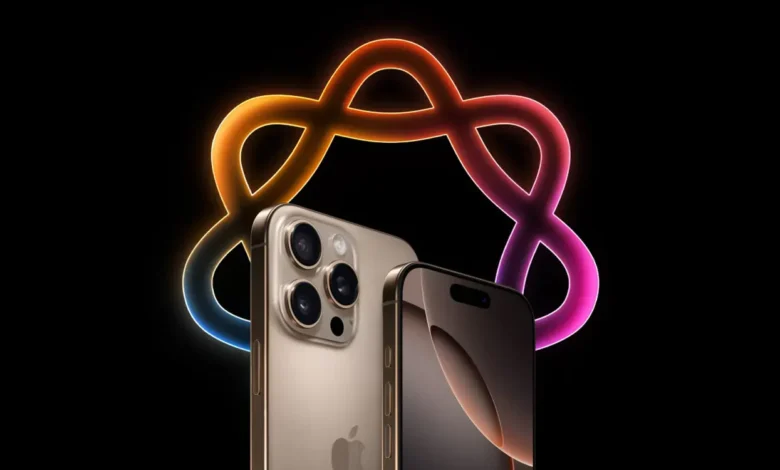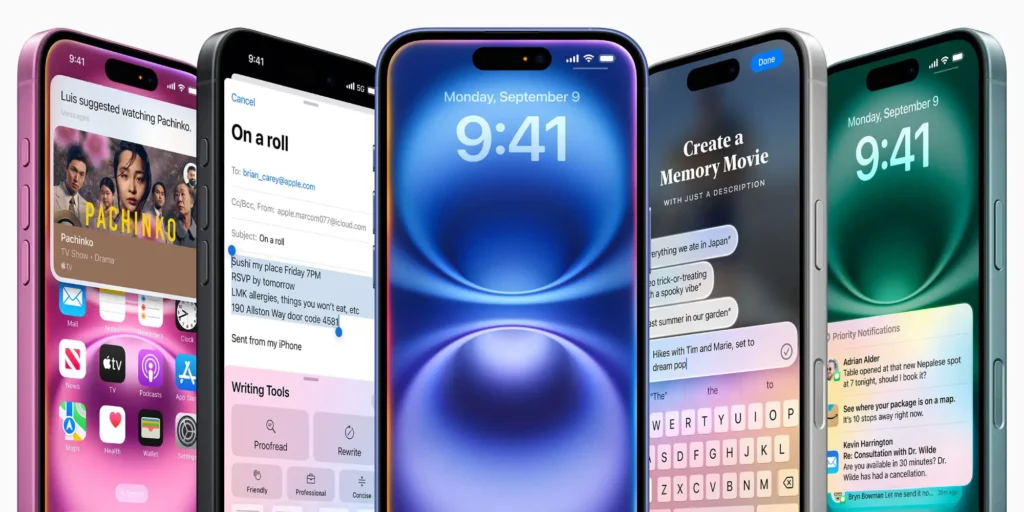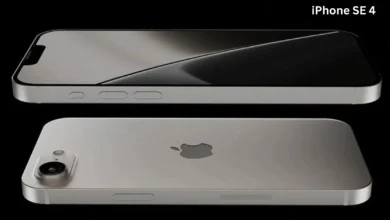Apple Intelligence & iPhone Sales: Why AI’s Big Impact Is Still Ahead

Apple is getting ready to announce its earnings for the crucial holiday season, and many are eager to see if Apple Intelligence has made a noticeable impact on iPhone sales. However, while AI will play a major role in iPhone sales eventually, it’s not happening just yet.
iPhone 16 is Holding Strong, But AI’s Big Moment is Still Ahead
When Apple first unveiled its AI-powered features last June, analysts were quick to predict a surge in iPhone sales. They expected artificial intelligence to drive a wave of upgrades, encouraging users to buy new devices sooner than usual.

At the time of Apple’s last earnings report, the iPhone 16 lineup had just hit the market, and none of the Apple Intelligence features were available yet. So, it wasn’t shocking that sales were fairly typical for a new iPhone launch. There was a slight 5% increase, but nothing close to the massive growth analysts had predicted.
Apple Intelligence & iPhone Sales
This week’s earnings report will give a clearer picture of any AI-related boost. While Apple is expected to post strong numbers, most predictions suggest that iPhone sales will be solid but not groundbreaking.
To put things in perspective, the iPhone’s dominance is nothing new. It’s by far the biggest contributor to Apple’s profits, and no other product in its lineup comes close. But for investors, steady success isn’t enough—growth is what really matters. And at the moment, AI hasn’t triggered the explosive demand they were hoping for.
That doesn’t mean the AI-driven sales surge won’t happen, though. It just might take longer than expected.
Hardware Upgrades Are Setting the Stage for AI’s Future
Apple Intelligence is all about software, but it relies heavily on powerful hardware. Apple has already started making major hardware changes to accommodate AI:
- The entire iPhone 16 lineup now comes with 8GB of RAM, a feature that was previously only in Pro models. Even the upcoming iPhone SE 4 is expected to include an AI-capable chip and extra RAM.
- On the Mac side, Apple recently upgraded all new models to 16GB of base RAM, something that likely wouldn’t have happened otherwise.
- In the next few months, Apple’s entire iPad lineup will be equipped with modern chips designed to support AI—even the entry-level models.
There are also rumors that Apple has even bigger hardware improvements in the works. Later this year, the iPhone 17 Pro models are expected to come with 12GB of RAM, while all iPhone 17 versions will feature better cooling systems. The A19 chip series will bring even more AI-focused performance gains, particularly with its Neural Engine.Apple Intelligence & iPhone Sales: Why AI’s Big Impact Is Still Ahead
For those who have followed Apple’s product evolution over the years, this pace of hardware advancement is unusual. Apple typically takes a gradual approach to upgrading specs, but AI is pushing the company to move faster than ever. These improvements aren’t just for the AI features we see now—they’re laying the foundation for what’s coming in iOS 19, iOS 20, and beyond.
Apple Intelligence & iPhone Sales Increase — Just Not Yet
In the next few years, iPhone hardware will undergo major advancements to support AI-driven experiences. When that happens, older iPhones will start to feel outdated much faster than usual.
Right now, Apple Intelligence isn’t pushing a huge number of users to upgrade. AI is making an impact, but it’s not enough to cause a massive sales spike. However, in the next two to three years, that will change. Apple Intelligence will become a much stronger reason for people to buy new iPhones, and the benefits of AI-powered features will be impossible to ignore.
It’s only a matter of time before that long-awaited upgrade cycle kicks in.




